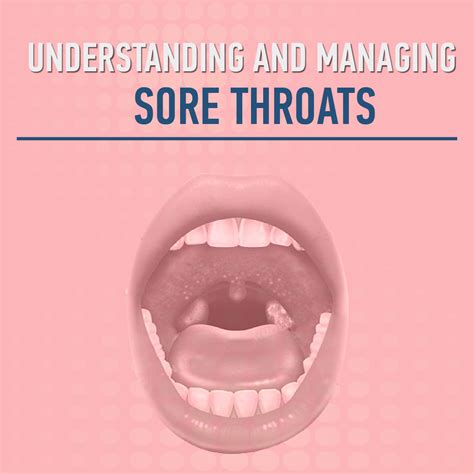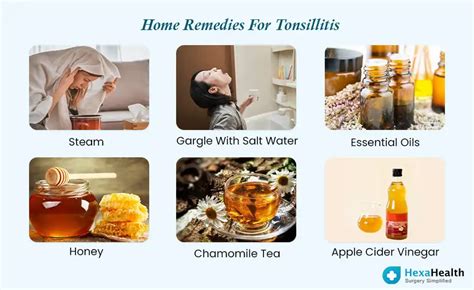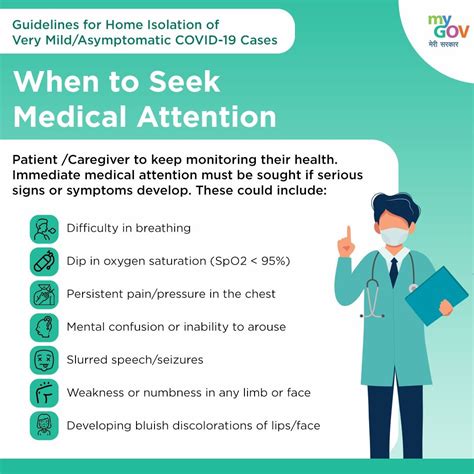Intro
Sore throat headaches can be a debilitating and frustrating experience, affecting our daily lives and making it difficult to concentrate on work or enjoy leisure activities. The combination of a sore throat and a headache can be particularly challenging, as it may be a symptom of an underlying condition that needs attention. Understanding the causes and finding effective ways to manage these symptoms is crucial for relief and recovery. Whether you're experiencing a sore throat headache due to a viral infection, allergies, or another condition, there are several strategies that can help alleviate your discomfort.
A sore throat headache often results from inflammation and congestion in the throat and head area, which can be caused by a variety of factors including viral or bacterial infections, sinus pressure, or even environmental irritants. Recognizing the triggers and taking proactive steps towards prevention and treatment can significantly reduce the frequency and severity of these episodes. Moreover, incorporating healthy lifestyle habits, such as maintaining good hygiene, staying hydrated, and managing stress, can play a vital role in boosting your immune system and reducing the risk of developing a sore throat headache.
Managing a sore throat headache requires a comprehensive approach that addresses both the symptoms and the underlying causes. This can involve a combination of home remedies, over-the-counter medications, and lifestyle adjustments. For instance, staying well-hydrated by drinking plenty of fluids can help soothe a sore throat and reduce headache intensity. Similarly, using a humidifier to add moisture to the air can relieve congestion and make breathing easier. By exploring different methods and finding what works best for you, you can develop an effective strategy to ease your sore throat headache and improve your overall well-being.
Understanding Sore Throat Headache

Causes of Sore Throat Headache
The causes of a sore throat headache can be diverse, ranging from infectious diseases to allergies and sinusitis. Viral infections such as the common cold, flu, and mononucleosis are common causes, while bacterial infections like strep throat can also lead to these symptoms. Allergies, especially those related to pollen, dust, and pet dander, can trigger both throat irritation and headaches. Additionally, sinus pressure and congestion can cause pain in the face and head, often accompanied by a sore throat.Home Remedies for Relief

Over-the-Counter Medications
Over-the-counter (OTC) medications can also be effective in managing the symptoms of a sore throat headache. Pain relievers like acetaminophen or ibuprofen can help reduce headache pain and fever. Throat lozenges or sprays can numb the throat, providing temporary pain relief. Decongestants can help reduce nasal congestion, which may contribute to headache pain. However, it's crucial to follow the instructions on the label and consult with a healthcare provider before giving any medication to children.Lifestyle Adjustments for Prevention

Dietary Changes
Dietary changes can also play a role in managing and preventing sore throat headaches. Incorporating foods rich in vitamin C, such as citrus fruits and leafy greens, can help boost your immune system. Foods high in antioxidants, like berries and other fruits, can reduce inflammation. Avoiding spicy or spicy foods that can irritate the throat and trigger headaches is also advisable. Additionally, staying away from spicy, acidic, or sharp foods that can further irritate a sore throat can help in the healing process.When to Seek Medical Attention

Diagnosis and Treatment
The diagnosis of a sore throat headache involves a physical examination and a review of your medical history. Your healthcare provider may perform a throat swab to check for strep throat or other bacterial infections. If your symptoms suggest a viral infection, treatment will focus on relieving symptoms and supporting your immune system. For bacterial infections, antibiotics may be prescribed. In cases of allergies or sinusitis, treatment may involve antihistamines, decongestants, or other medications to address the underlying condition.Prevention Strategies

Vaccinations and Health Check-ups
Staying up-to-date on recommended vaccinations, such as the flu vaccine, can help prevent illnesses that may lead to sore throat headaches. Regular health check-ups can also help identify any underlying conditions that may be contributing to your symptoms. By maintaining open communication with your healthcare provider and reporting any changes in your symptoms or health status, you can ensure that you receive timely and appropriate care.Conclusion and Next Steps

We invite you to share your experiences and tips for managing sore throat headaches in the comments below. Your insights can help others who may be going through similar challenges. Additionally, if you found this article helpful, please consider sharing it with your friends and family who might benefit from this information. Together, we can build a community that supports and cares for each other's health and well-being.
What are the most common causes of sore throat headaches?
+Sore throat headaches can be caused by viral or bacterial infections, allergies, sinusitis, and environmental irritants. Understanding the cause is crucial for effective treatment.
How can I differentiate between a sore throat caused by a virus and one caused by bacteria?
+A healthcare provider can perform a throat swab to determine if your sore throat is caused by a bacterial infection like strep throat. Viral infections typically do not require antibiotics and are treated with supportive care.
What are some effective home remedies for a sore throat headache?
+Effective home remedies include gargling with warm salt water, drinking warm liquids like tea or broth, using a humidifier, and resting your voice. These can help soothe a sore throat and reduce headache pain.
